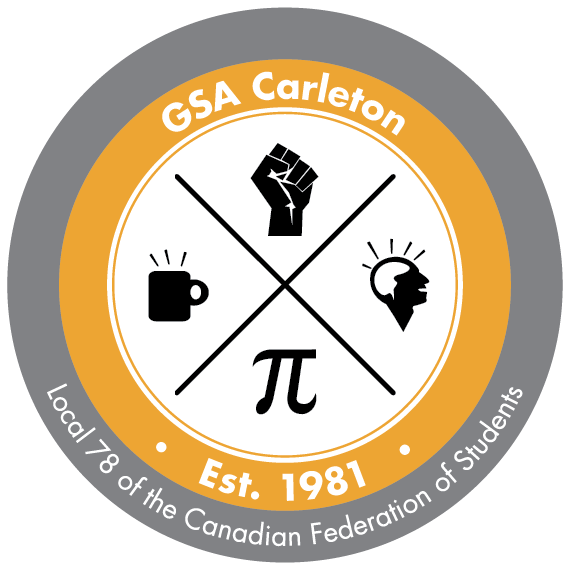ReconciliAction
Over sixty Indigenous languages are reported to exist from coast-to-coast according to a 2011 report, with many under the threat of disappearing if efforts are not made to conserve and promote their use. While some regions of the country have made strives to include Indigenous languages in their government affairs, the majority of jurisdictions provide minimal financial support to these preservation efforts.
An intrinsic part of culture, language is essential to the processes of reconciliation and anti-colonial organizing, as well as the ability for Indigenous communities to thrive. In accordance to recommendation number 16 of the Truth and Reconciliation commission, the Federation under the leadership of student activists will “call upon post-secondary institutions to create university and college degree and diploma programs in [Indigenous] languages.” English and French operate as the official languages of the country, receiving substantial public funding, thus reconciliation cannot exist while still enforcing colonial languages upon Indigenous populations.
SHORT TERM GOALS
- Establish working groups on campuses that are focused on the development of and advocacy for Indigenous language promotion
- Create a ReconciliAction toolkit that can be used to advocate for language programs and degrees at post-secondary institutions
- Advocate for the hiring of First Nations, Metis or Inuit language teachers in colleges and universities
LONG TERM GOALS
- Implement language degree programs in Indigenous languages
- Lobby the federal government to make investments in support of the creation and sustainability of Indigenous language education
- Increase the number of Indigenous language speakers
- Advocate for the national and provincial recognition of First Nations, Metis and Inuit languages
To get involved email vpf@gsacarleton.ca!

